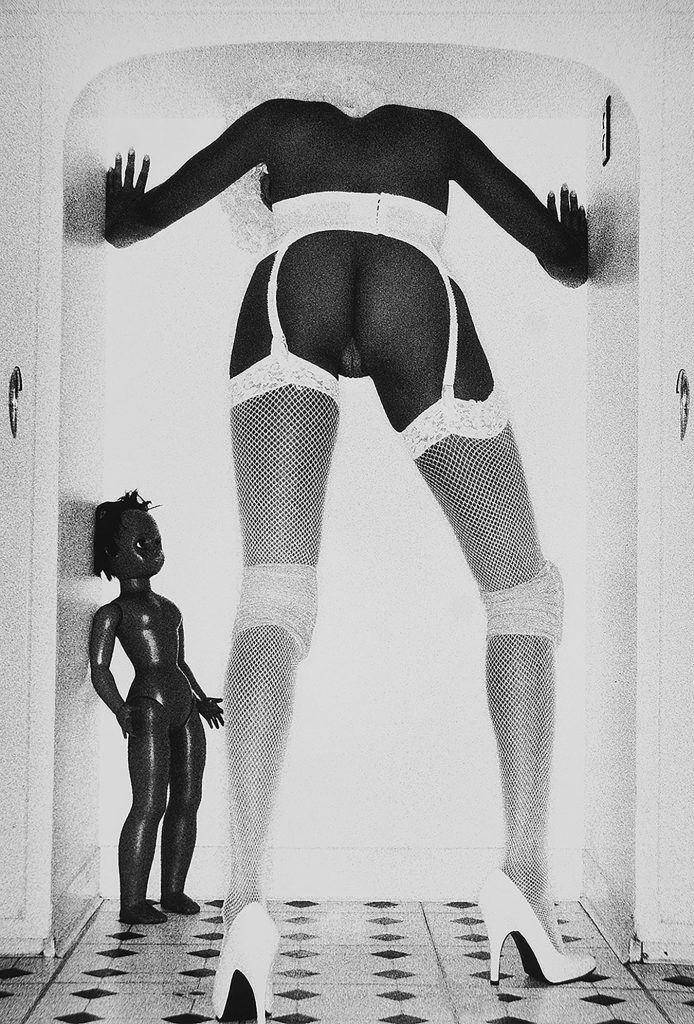
![]()
Trump Destroys D.E.I. Hiring
.
In a sweeping move that has sent ripples through the federal workforce and beyond, President Donald Trump has issued executive orders dismantling Diversity, Equity, and Inclusion (DEI) programs within the federal government. These actions, which include placing DEI staff on paid leave and deactivating related web pages, mark a significant departure from previous efforts to promote inclusivity in public institutions.
The administration’s stance is that DEI initiatives constitute “illegal and immoral discrimination programs” and divert from merit-based hiring practices. By revoking Executive Order 11246, originally signed by President Lyndon B. Johnson in 1965 to prohibit employment discrimination by federal contractors, the current administration aims to eliminate what it perceives as preferential treatment based on race, sex, or religion.
Critics argue that dismantling DEI programs threatens decades of progress in addressing systemic inequalities. Civil rights advocates express concern that these measures will reduce workplace diversity and hinder efforts to combat discrimination. The rollback of DEI initiatives is seen by some as a step backward in promoting equal employment opportunities for historically marginalized groups.

The implications of these executive orders extend beyond the federal workforce, potentially influencing the broader American economy and job opportunities for people of color and other non-white ethnic groups. Federal contractors, who were previously mandated to implement affirmative action programs under Executive Order 11246, may now feel less compelled to prioritize diversity in their hiring practices. This shift could lead to decreased representation of minority groups in various industries, as companies may no longer be incentivized to actively promote inclusive hiring.
Moreover, the administration’s directive to encourage the private sector to end DEI initiatives could have a chilling effect on corporate diversity efforts nationwide. Businesses that once invested in DEI programs to foster inclusive workplaces might scale back or eliminate these initiatives, fearing potential scrutiny or repercussions. Such a trend could exacerbate existing disparities in employment and advancement opportunities for underrepresented groups.
The trickle-down effect of these policies may also impact educational institutions and nonprofit organizations. With the federal government signaling a departure from DEI commitments, universities and nonprofits that rely on federal funding might reconsider their diversity programs to align with the new directives. This could result in reduced support systems for students and communities of color, further entrenching systemic inequities.
In summary, the administration’s recent executive orders to eliminate DEI programs represent a significant policy shift with far-reaching consequences. While proponents argue that these measures restore merit-based practices, critics contend that they undermine efforts to promote diversity and inclusion, potentially reversing progress made in creating equitable opportunities for all Americans.





